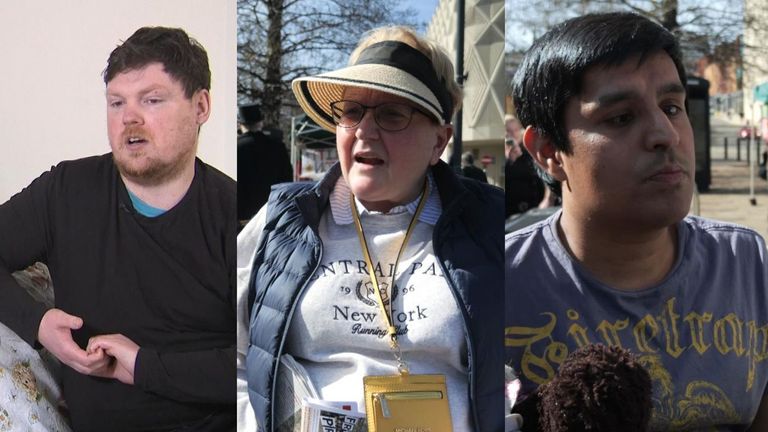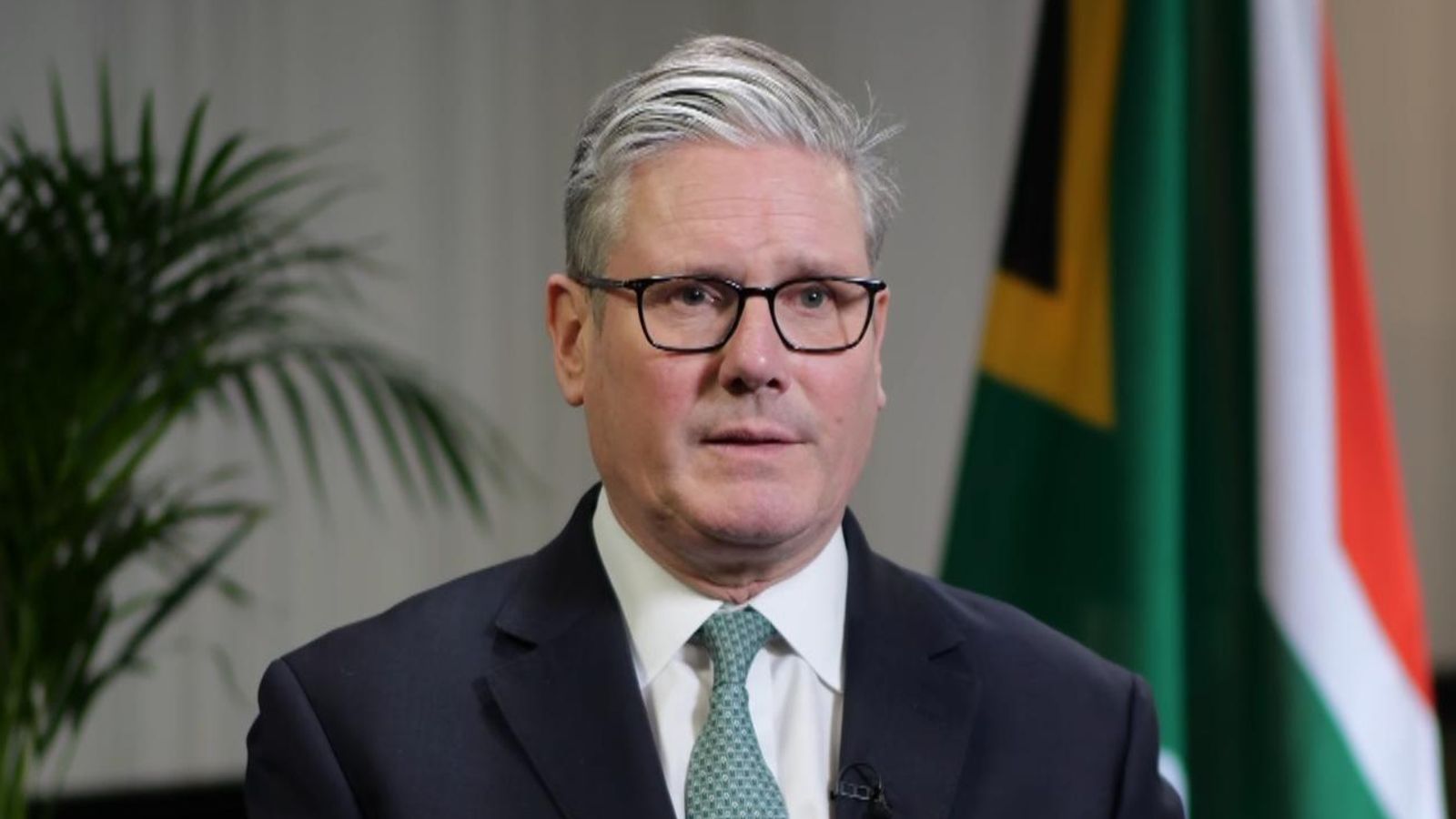
Liz Kendall, the welfare secretary, said today that the welfare system was at a crossroads – and that the road she had chosen was the one of “compassion, opportunity and dignity”.
Dozens of Labour MPs feel that what was promised as a plan to support disabled people into work has instead turned into a cost-cutting exercise to shave £5bn off the budget.
Politics Live: US may ask UK to station refuelling aircraft at key British base
Kendall announced the reforms in March, saying that the welfare bill was “spiralling” and “unsustainable”. The figures are striking: nine million working-age people are economically inactive. Personal Independence Payment (PIP) claims per month have doubled in just five years.
Many MPs agree the system needs reform, but worry the government is acting without fully thinking through the consequences.
Today saw the legislation published – the Universal Credit and Personal Independence Payment Bill – setting out a tightening of criteria for the main disability benefit in England, PIP. It also sets out plans to cut the health element of Universal Credit and delay access to it until age 22.
Forty-two Labour MPs have signed a letter saying they cannot support the changes – and the names include newly-elected MPs who have not been critical of the government before. They say concessions, such as a longer grace period before benefits are removed, are not good enough.
Cat Eccles, MP for Stourbridge, who spoke to Sky News today, has been on sickness benefits herself – after an unexpected illness saw her forced out of her job.
She said she was worried about people who rely on PIP for the costs of working – such as petrol, and those who would lose it, but not be ready for employment.
“It’s really not good enough because we know so many people this is going to affect,” she said.
“We know PIP can be a gateway to getting other benefits like carers allowance which really help families just survive. We’re not even talking about people having some great lifestyle, they’re literally barely surviving on these payments. It all just doesn’t feel very Labour to me.”
Other MPs who have not yet spoken publicly are concerned. “It seems as if we’re getting all the bad stuff first – before we hear about the job schemes and child poverty strategy”, one said.
Read more from Sky News:
British woman dies from rabies
UK temperatures ‘could hit 46C in future’
‘Murder’ may be linked to diamond-encrusted Rolex
Several MPs say while the £1bn for tailored support in job centres is welcome, they worry it will not help all those losing out; and they worry about the economic outlook and employers being willing to take people on.
Government insiders believe the rebellion can be contained. But it poses a challenge, and both Ms Kendall and Stephen Timms have been devoting time to one-on-one meetings to win around individual MPs.
PIP – paid at a basic rate of £73.90 a week at the standard rate, and £110.40 at the enhanced rate – would be restricted from people who do not score four points on the daily living criteria. Disability groups say people who struggle to feed and dress themselves could lose out.
Read More: Battle to convince MPs to back benefit cuts
Kathy Laprell, from Eastbourne, who suffers pain and mobility problems following a serious car accident, has been receiving PIP for nine years.
She currently qualifies for the enhanced rate, but fears she would not meet the new criteria and lose £440 a month if reassessed when these changes take effect next year.
“People are terrified, we’re angry, that yet again we’re the scapegoat, we had it with the conservatives for 14 years”, she told Sky News.
“I use it to help pay for my carer’s expenses because I pay her, I use it for petrol for the car so I can get out and about, and obviously extra winter fuel; the increase in bills since April has been astronomical. Losing it would mean I would be at food banks to actually be able to eat.
“We’re not scroungers. If I could work I would work,” she said.
Yesterday, employment minister Alison McGovern faced down some angry Labour MPs who had called for the money to be taken from the wealthiest instead, saying the government had already put taxes on private schools and private jets, as well as increasing inheritance tax.
MPs are also concerned that after spending months defending the decision to slash Winter Fuel Payments from pensioners, the government was forced into a U-turn.
With many yet to be convinced, the first vote in two weeks could be the biggest parliamentary test the government has faced yet.













